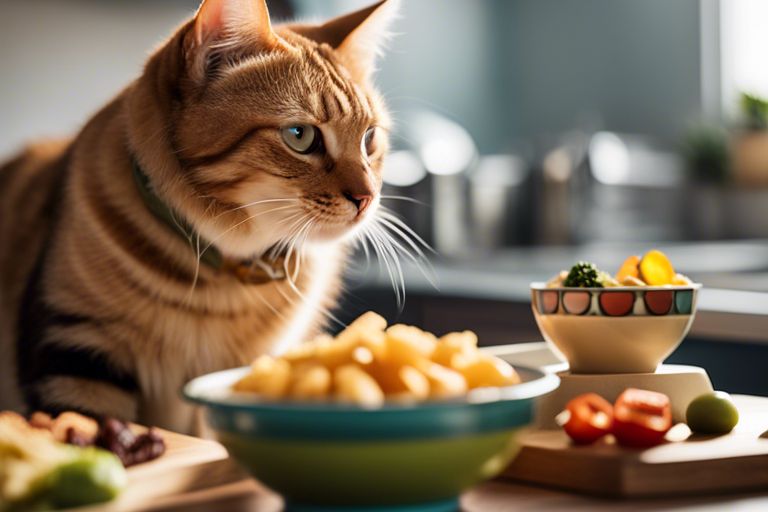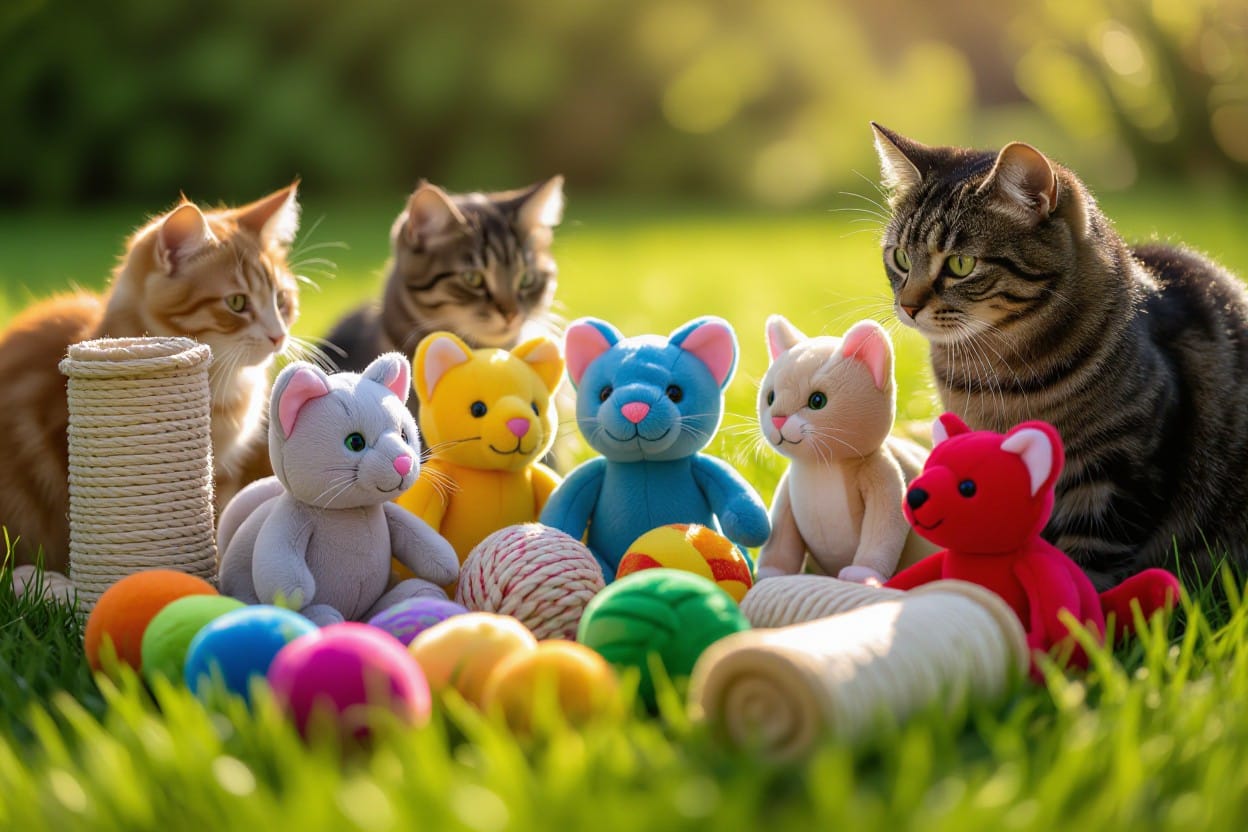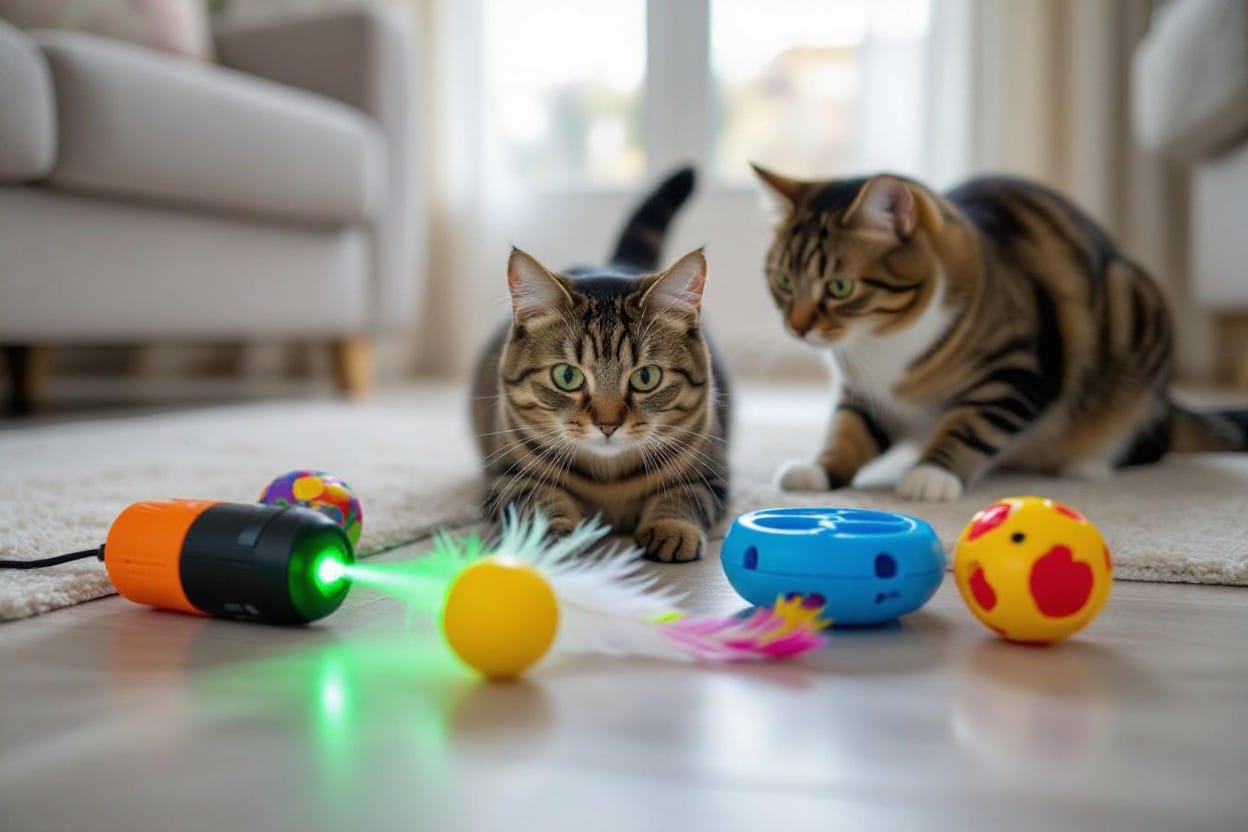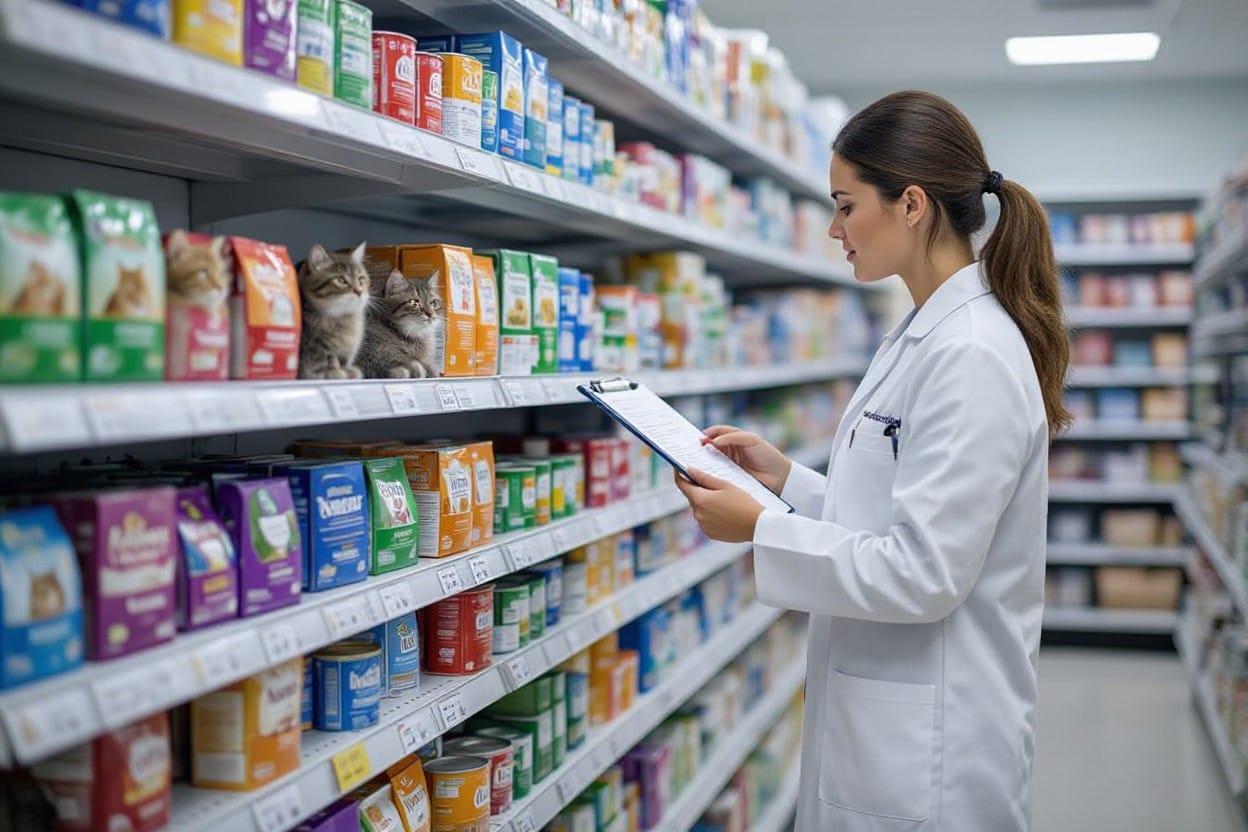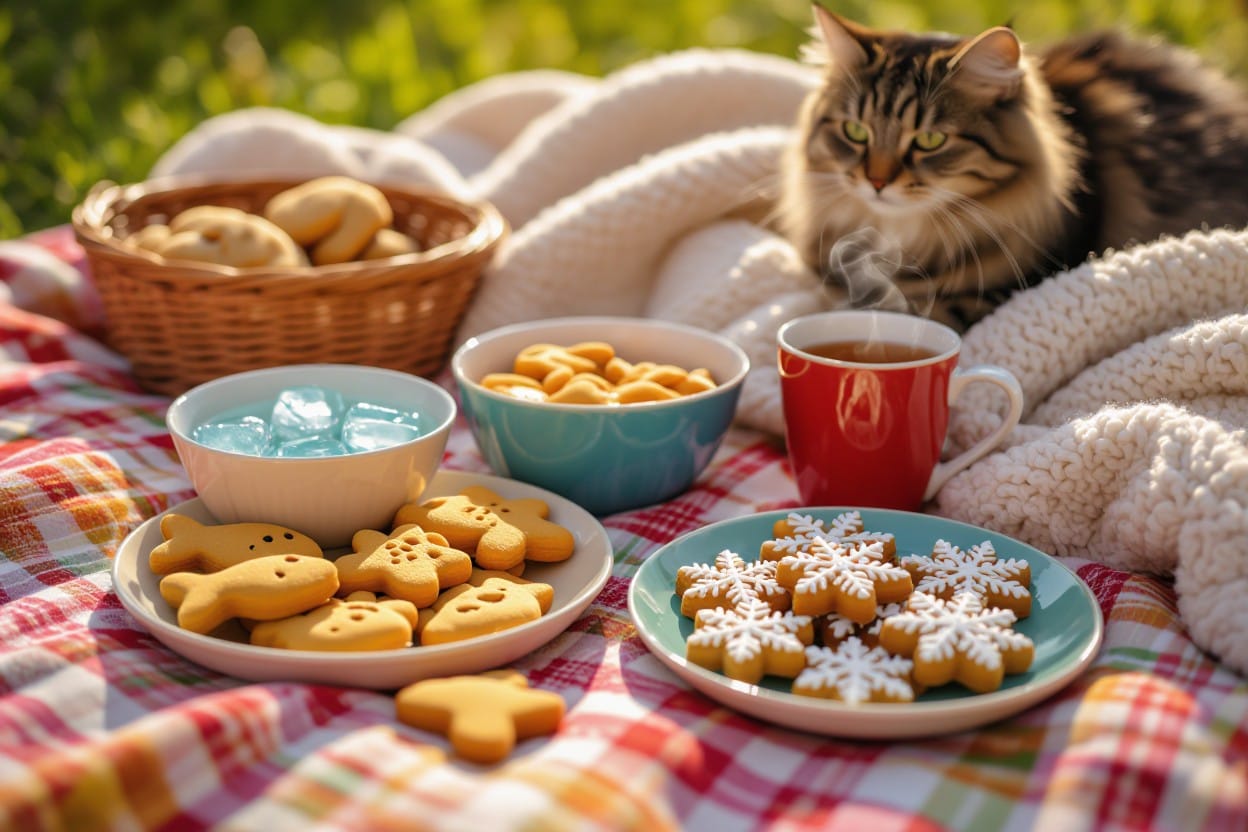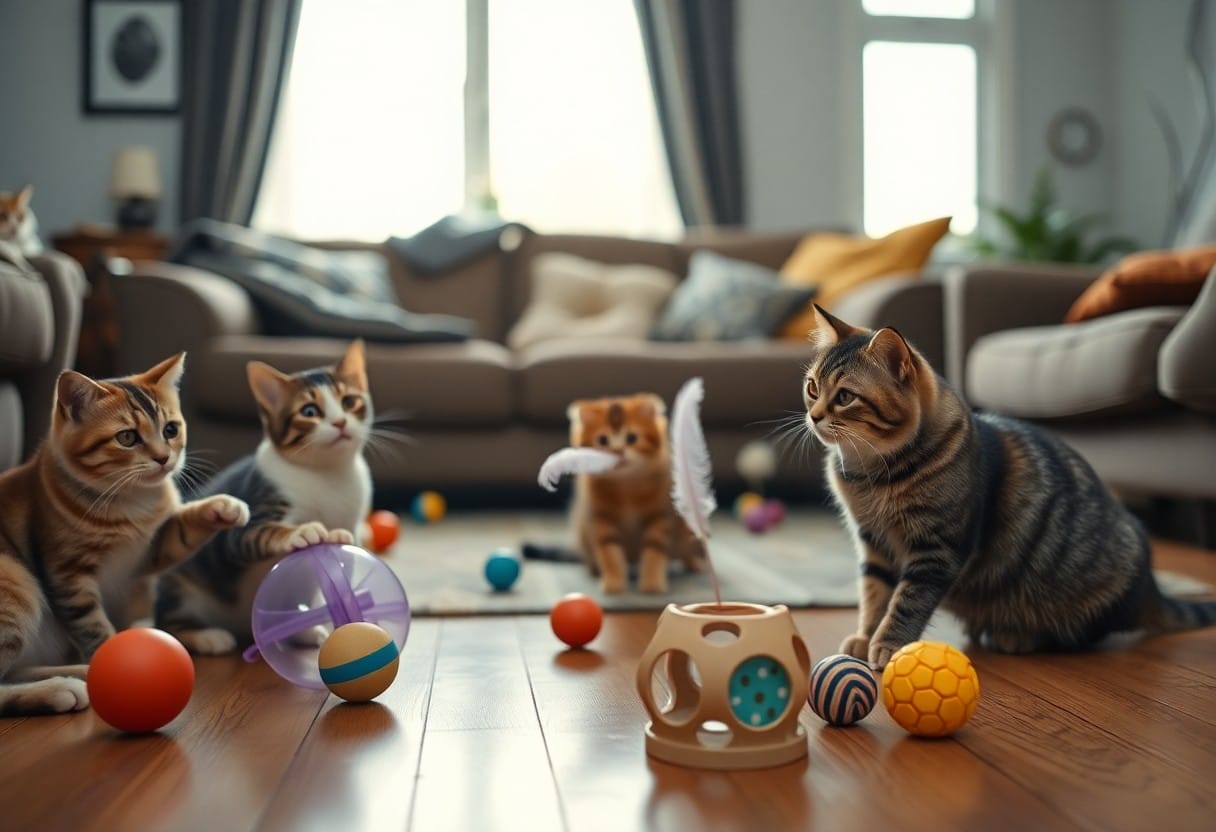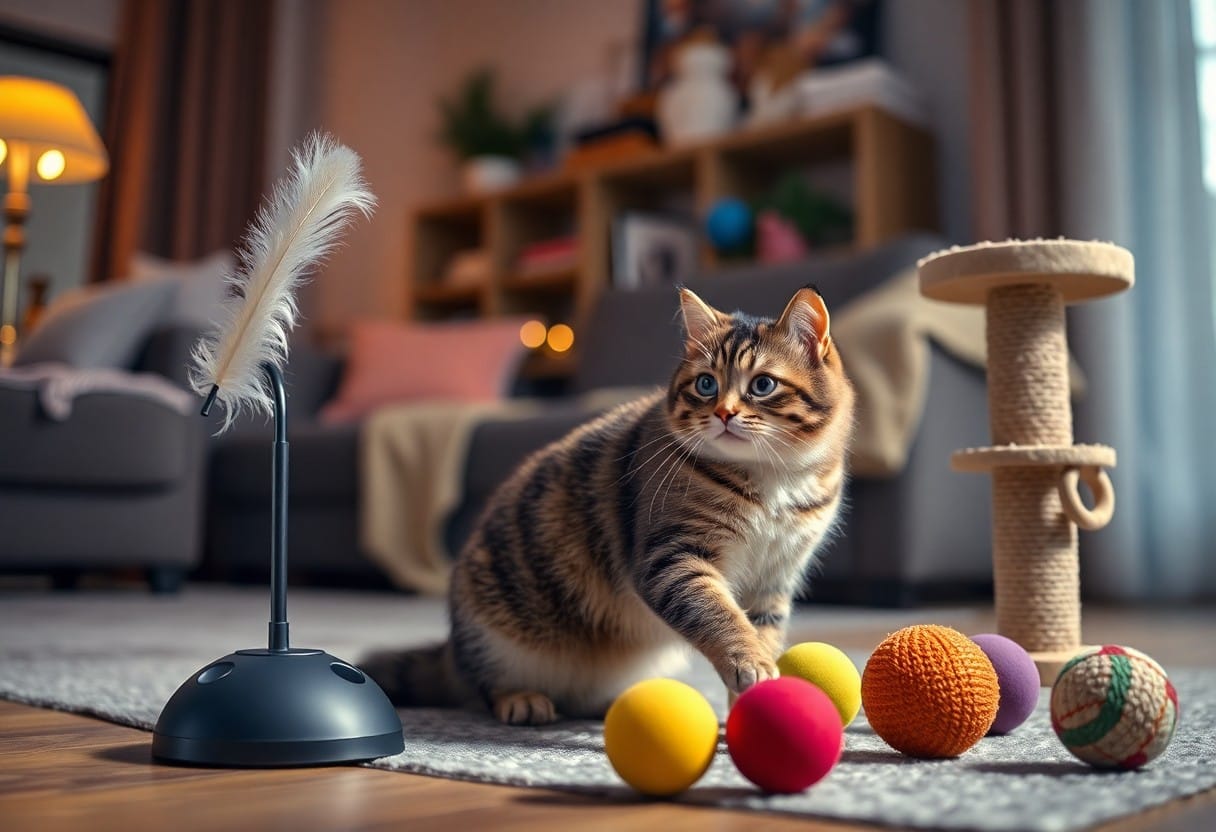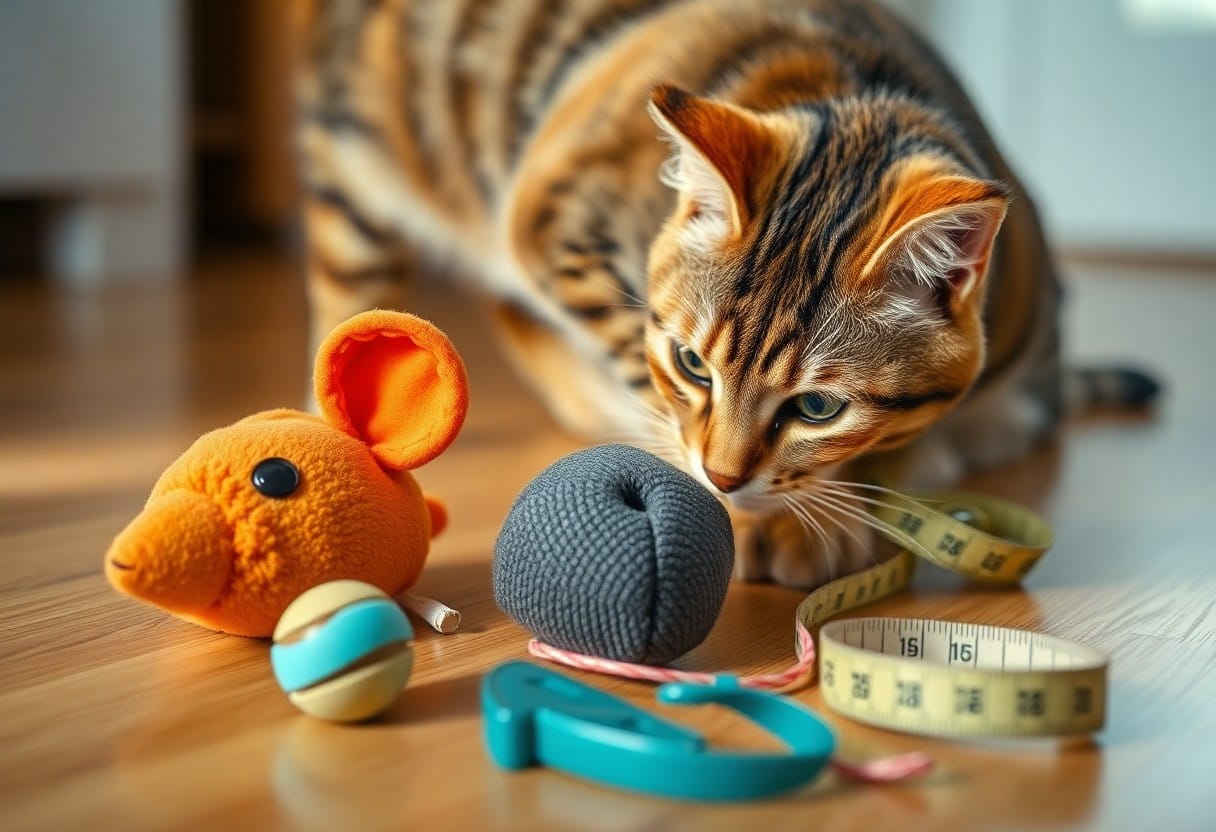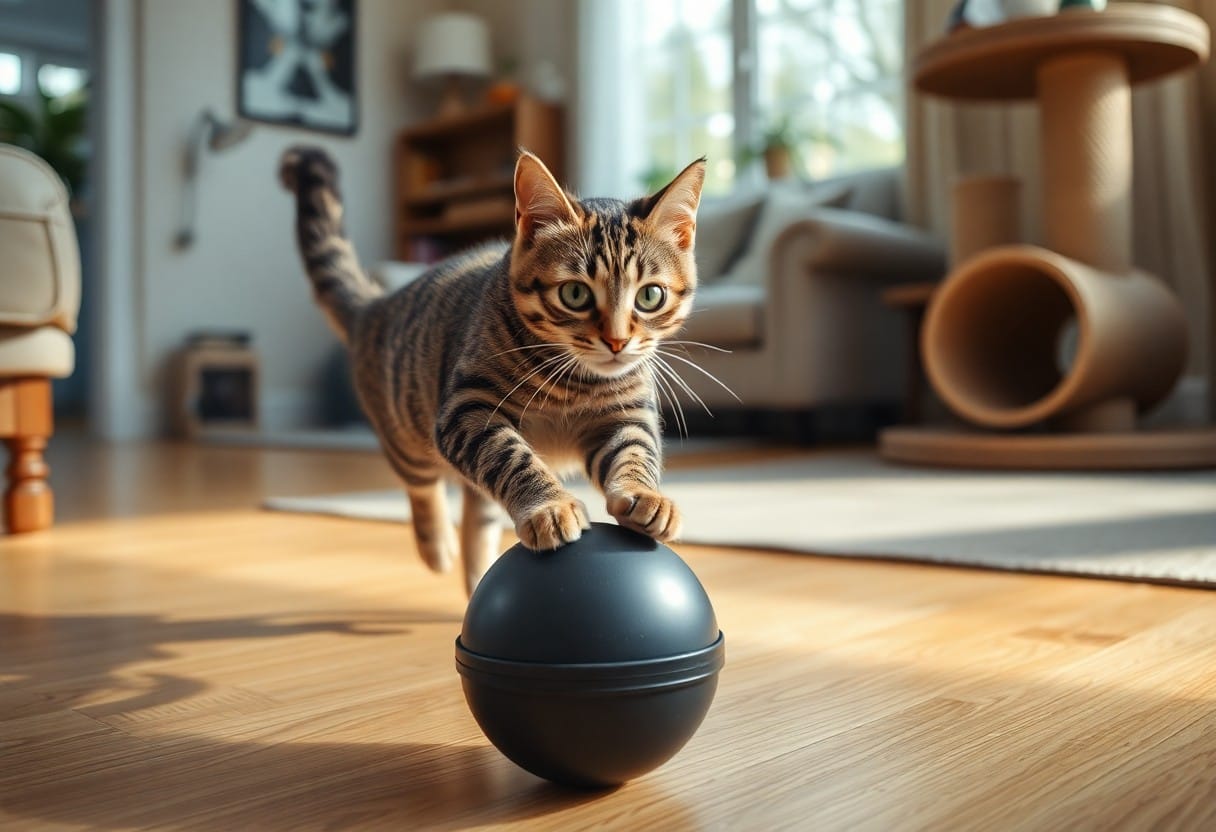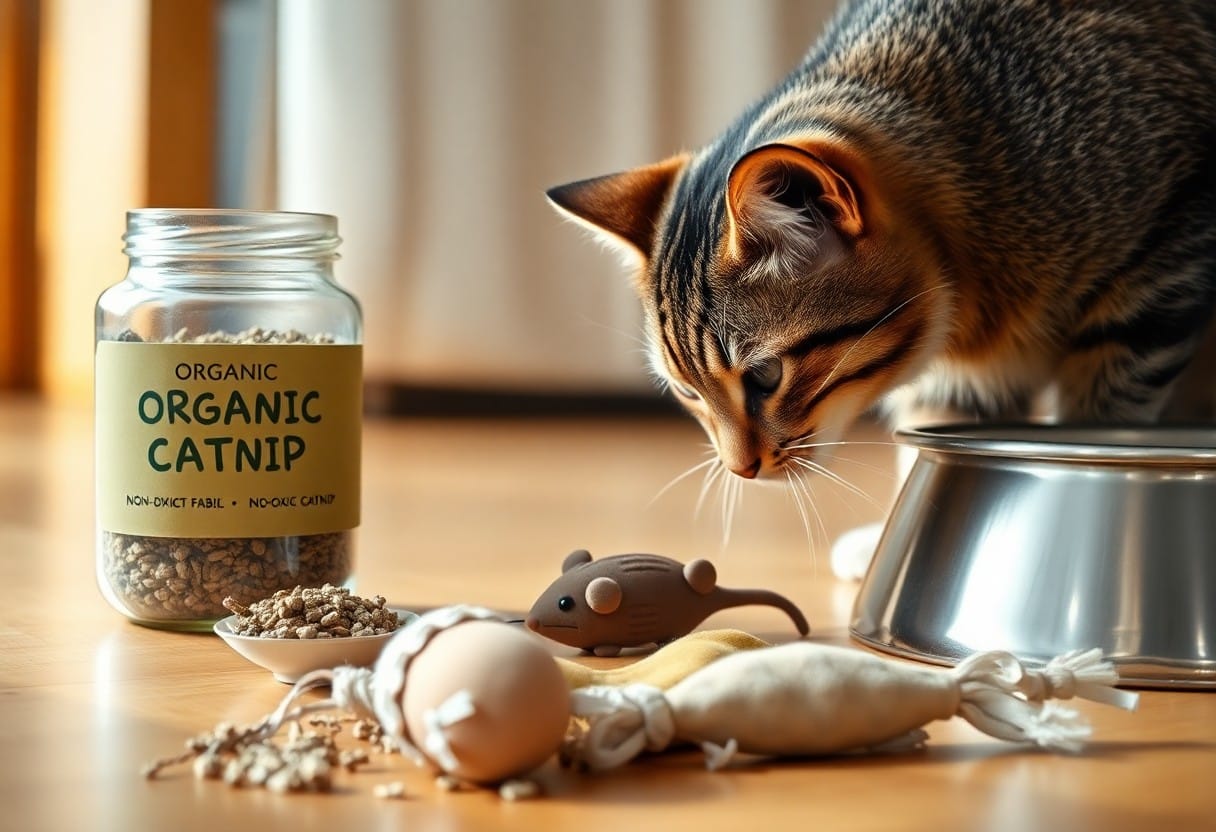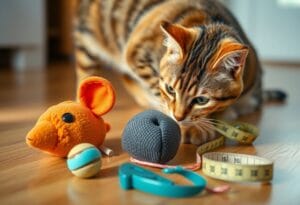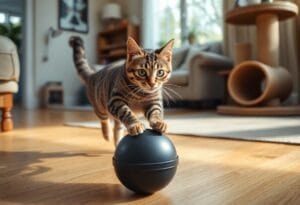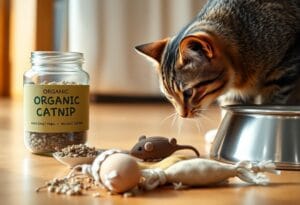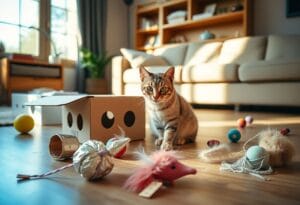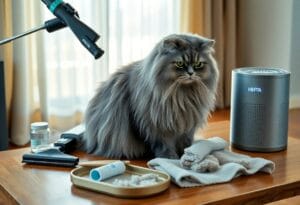There’s a lot to consider when it comes to feeding your feline friend, from their specific dietary needs to common mistakes many cat owners inadvertently make. In this guide, we will discuss the most common dietary mistakes cat owners make and provide you with practical tips on how to avoid them. By being informed and making some simple adjustments, you can ensure your cat stays healthy and happy for years to come.
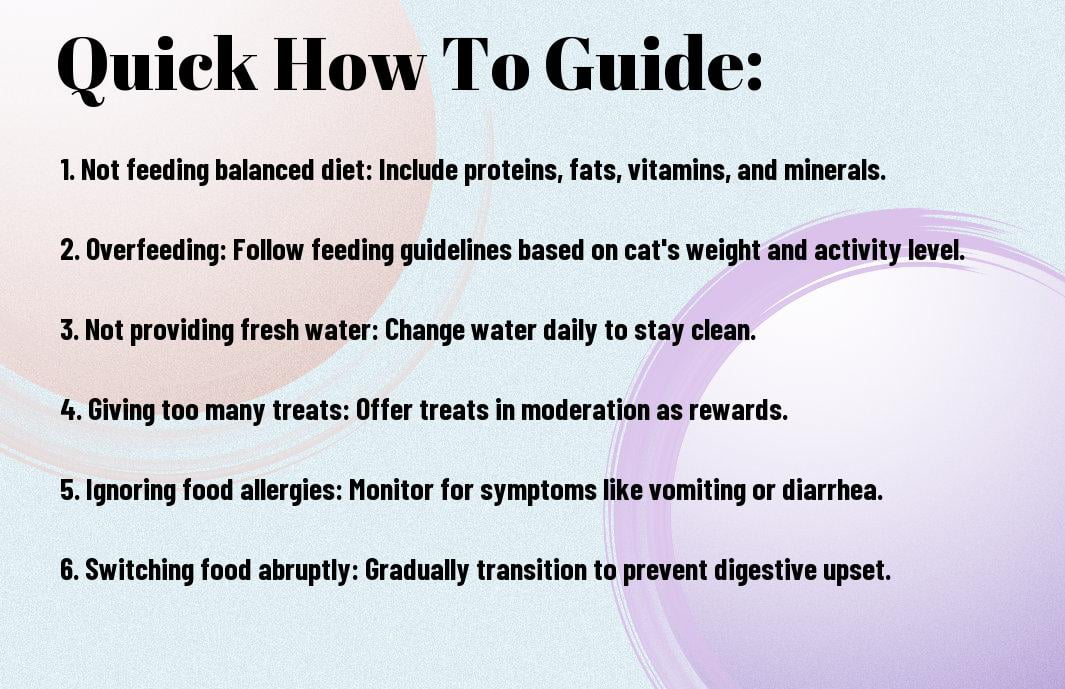
Assessing Your Cat’s Nutritional Needs
One of the most critical aspects of ensuring your cat’s health and well-being is by understanding and meeting their nutritional needs. This starts with assessing what they require at different life stages and considering various factors that can influence their dietary requirements.
Understanding Life Stage Nutrition
To provide optimal care for your cat, it’s crucial to recognize that their nutritional needs evolve throughout their life. Kittens, adult cats, and senior cats have different requirements for necessary nutrients such as protein, vitamins, and minerals. For instance, kittens need higher levels of protein to support their growth and development, while senior cats may benefit from specialized diets to manage age-related health issues.
Factors Affecting Dietary Requirements
For cat owners, it’s necessary to be aware of the factors that can impact their feline companion’s nutritional needs. These factors may include the cat’s activity level, metabolism, any underlying health conditions, and whether they are neutered or spayed. Perceiving these influences can help you select the most suitable diet for your cat’s individual requirements.
For cat owners, familiarizing themselves with the factors that can affect their cat’s dietary needs is crucial in providing tailored nutrition for their feline friends. These factors may include the cat’s activity level, metabolism, any underlying health conditions, and whether they are neutered or spayed. Perceiving these influences can help pet parents select the most suitable diet for their cat’s specific requirements.
How to Read Cat Food Labels
Deciphering Ingredients List
Even though the ingredients list on cat food labels can be overwhelming, it’s crucial to understand what goes into your feline friend’s food. Ingredients are listed in descending order by weight, so make sure to look for high-quality protein sources like chicken or fish at the top of the list. Avoid foods that contain fillers such as corn, wheat, or soy, which offer little nutritional value for your cat.
Understanding Nutritional Adequacy Statements
The nutritional adequacy statement on cat food labels indicates whether the food is complete and balanced according to the standards set by the Association of American Feed Control Officials (AAFCO). The statement will specify if the food is suitable for all life stages or just for adult maintenance. It’s important to choose a food that is appropriate for your cat’s life stage to ensure they are getting the necessary nutrients for their age and activity level.
The AAFCO has guidelines for what constitutes a complete and balanced diet for cats, so look for statements that indicate the food meets these standards. If the label states that the food is formulated to meet AAFCO nutrient profiles, it means it has been designed to provide the crucial nutrients cats need.
Identifying Misleading Marketing Tactics
Another common pitfall when reading cat food labels is falling for misleading marketing tactics. Words like “premium,” “natural,” and “gourmet” may sound appealing, but they are not regulated terms and do not guarantee the quality of the food. Be wary of labels that make vague claims without providing concrete information about the ingredients and nutritional value of the food.
An informed consumer is the best defense against deceptive marketing practices. Look beyond the flashy packaging and marketing jargon to ensure you are choosing a cat food that meets your furry companion’s nutritional needs. Consulting with your veterinarian can also help you decipher the labels and select a diet that is best suited for your cat’s health.
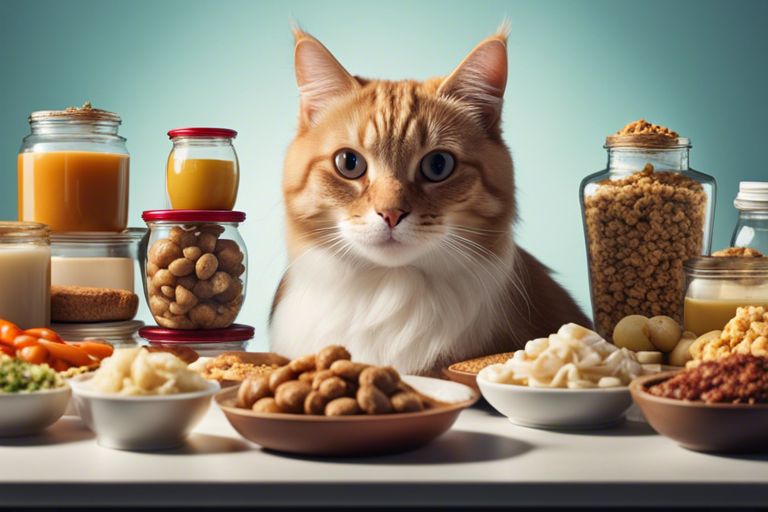
Common Dietary Mistakes to Avoid
Overfeeding and Underfeeding
Mistakes in feeding your cat can have serious consequences on their health. Overfeeding can lead to obesity, which is a common issue in indoor cats. On the other hand, underfeeding can result in malnutrition and deficiencies in important nutrients. It’s crucial to follow feeding guidelines provided by your veterinarian or pet food manufacturer to ensure your cat is receiving the right amount of food based on their age, weight, and activity level.
Neglecting Hydration
If your cat is not drinking enough water, it can lead to dehydration, urinary tract problems, and overall poor health. Cats are not naturally big drinkers, so it’s important to encourage water intake by providing fresh water in a clean bowl at all times. Some cats prefer running water, so investing in a cat fountain may help increase their water consumption.
For instance, wet food contains up to 80% moisture content, which can contribute significantly to your cat’s overall fluid intake. Including wet food in their diet can help prevent dehydration and support kidney function, especially in cats prone to urinary issues.
The Dangers of an All-Dry Food Diet
Now, feeding your cat a diet exclusively made of dry kibble can pose risks to their health. Cats have a low thirst drive and may not drink enough water to compensate for the lack of moisture in dry food. This can lead to chronic dehydration, which is a common cause of kidney disease in cats. Additionally, dry food tends to be high in carbohydrates, which are not important for cats and can contribute to obesity and diabetes.
Dietary decisions play a crucial role in your cat’s overall well-being. By avoiding common dietary mistakes and ensuring a balanced diet that meets your cat’s nutritional needs, you can help them lead a healthy and happy life.
Tips for Introducing a Balanced Diet
Not providing your cat with a balanced diet can be detrimental to their health in the long run. To ensure your feline friend is getting all the necessary nutrients, it’s important to introduce a balanced diet gradually and mindfully.
How to Choose the Right Cat Food
For a balanced diet, opt for high-quality cat food that is specifically formulated to meet your cat’s nutritional needs. Look for options that list meat as the primary ingredient and are free from fillers, artificial colors, and preservatives.
The Role of Wet Food and Fresh Ingredients
If you want to provide variety and additional hydration to your cat’s diet, incorporating wet food and fresh ingredients can be beneficial. Wet food has higher water content, which can help prevent urinary issues and keep your cat hydrated.
Transitioning to a New Diet Safely
For a smooth transition to a new diet, mix the new food with the old food gradually over the course of a week or longer. This will help prevent digestive upset and allow your cat to adjust to the new flavors and textures.
After ensuring a balanced diet and successfully transitioning your cat, you’ll be well on your way to providing optimal nutrition for your feline companion.
Supplementing Your Cat’s Diet
Once again, supplementing your cat’s diet is an important aspect of ensuring they receive all the necessary nutrients to thrive. However, it’s important to approach supplementation with caution to avoid any potential risks to your cat’s health.
When Are Supplements Necessary?
Your cat may require supplements in certain situations, such as if they have a specific health condition that inhibits nutrient absorption or if they are on a restricted diet that may lead to deficiencies. It is crucial to consult with your veterinarian before adding any supplements to your cat’s diet to determine the appropriate dosage and type of supplement needed.
Risks of Over-Supplementation
An excessive amount of certain vitamins and minerals can be harmful to your cat’s health. Over-supplementation can lead to toxicity, causing symptoms ranging from mild digestive issues to serious organ damage. This is why it is crucial to only give your cat supplements that have been recommended by a veterinarian.
How to Source Safe Supplements
On top of consulting with your veterinarian, it is important to only source supplements from reputable brands that specialize in pet nutrition. Avoid purchasing supplements from sources that are not intended for animal consumption, as they may contain harmful additives or incorrect dosages that could harm your cat.
To ensure the safety of any supplements you give to your cat, always read the labels carefully, follow dosing instructions precisely, and monitor your cat for any adverse reactions. Do not forget, it is always better to be cautious when it comes to supplementing your cat’s diet to prevent any potential harm.
Addressing Picky Eaters
Why Cats Can Be Finicky
Keep in mind that cats are known to be finicky eaters due to their natural instincts. In the wild, they would hunt for fresh prey, so their preference for certain foods may be ingrained in them. Additionally, cats have a strong sense of smell, and any change in their environment or food can make them hesitant to try new foods. This pickiness is not uncommon among feline companions.
How-To Encourage More Varied Eating Habits
Eating the same food day in and day out can lead to nutritional deficiencies and a lack of interest in mealtimes. To encourage more varied eating habits, try offering a rotation of different protein sources such as chicken, fish, and beef. Incorporating a mix of wet and dry food can also pique your cat’s interest. Adding a topper like bonito flakes or a sprinkle of catnip can make the meal more enticing. Remember to introduce new foods gradually to prevent digestive upsets.
A varied diet not only keeps your cat excited about mealtime but also ensures they are getting a balance of imperative nutrients for overall health and well-being. Be patient and persistent in offering new foods, and observe your cat’s preferences to tailor their meals accordingly.
When to Consult a Veterinarian for Feeding Issues
To address underlying health issues or persistent feeding problems, it is imperative to consult a veterinarian. If your cat is consistently refusing food, losing weight, vomiting after meals, or showing signs of distress during mealtimes, a veterinary visit is warranted. Your veterinarian can rule out any medical conditions, provide dietary recommendations, and suggest strategies to improve your cat’s eating habits.
Encourage a positive feeding environment by keeping meal times consistent and stress-free. Your veterinarian is an invaluable resource in helping you navigate feeding challenges and ensuring your cat receives the proper nutrition they need to thrive.
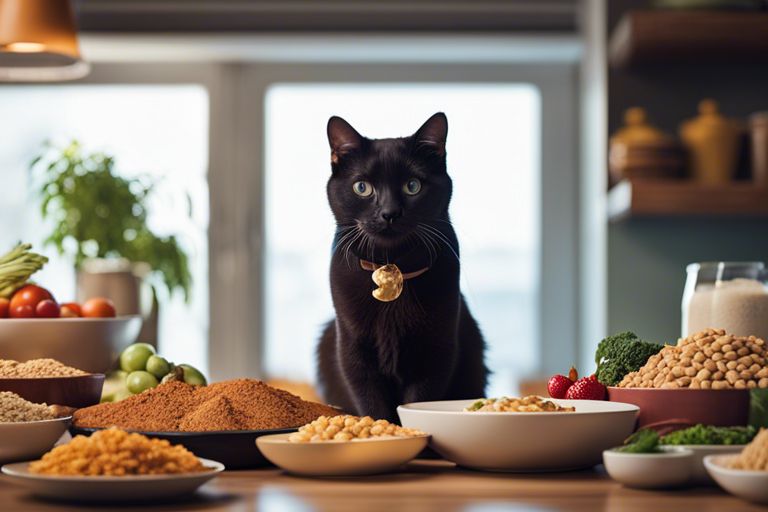
The Impact of Diet on Cat Health
How Nutrition Influences Common Health Problems
Many cat owners underestimate the importance of a balanced diet for their feline companions. Little do they know that nutrition plays a crucial role in preventing common health issues in cats. A diet lacking vital nutrients can lead to obesity, diabetes, and urinary tract problems among other ailments. By providing cats with a well-rounded diet, cat owners can actively contribute to their pet’s overall health and well-being.
Recognizing Food Allergies and Intolerances
Problems related to food allergies and intolerances are often overlooked by cat owners. Little do they realize that symptoms such as skin irritations, gastrointestinal upset, and excessive itching could be linked to the food their cat consumes. Recognizing these signs early on and consulting with a veterinarian can help identify potential allergens and intolerances, allowing for the necessary dietary adjustments to be made.
Intolerances to certain ingredients can manifest differently in each cat, making them challenging to pinpoint. By keeping a close eye on your cat’s behavior and any changes in their health, you can work with your vet to identify and eliminate any problematic foods from their diet.
The Connection Between Diet and Lifespan
Influences of diet on a cat’s lifespan are significant. A well-balanced and nutritious diet can help prevent obesity, cardiovascular issues, and other health problems that may shorten a cat’s life expectancy. Additionally, proper nutrition can support a cat’s immune system, promoting longevity and quality of life.
Plus, providing your cat with a diet tailored to their specific needs based on factors like age, weight, and activity level can significantly impact their overall health and lifespan. By ensuring that your cat receives the proper nutrients they need, you can help them live a long, healthy life by your side.
Final Words
On the whole, avoiding common dietary mistakes when it comes to feeding your cat is crucial for their overall health and well-being. By steering clear of feeding them human food, understanding their specific nutritional needs, providing fresh water at all times, and consulting with your veterinarian regularly, you can ensure that your feline friend is receiving a balanced and healthy diet. Note, a proper diet plays a significant role in keeping your cat happy and thriving for years to come.
FAQ
Q: What are common dietary mistakes cat owners make?
A: Common dietary mistakes cat owners make include feeding their cats dog food, giving them milk, overfeeding, providing a vegetarian diet, and not providing enough fresh water.
Q: Why is feeding cats dog food a mistake?
A: Feeding cats dog food is a mistake because cats have different nutritional needs than dogs. Cats require higher levels of protein and certain nutrients like taurine that are not present in dog food.
Q: Is giving cats milk safe?
A: Giving cats milk is not recommended as many cats are lactose intolerant and can develop digestive issues such as diarrhea. It is best to provide fresh water for your cat to drink.
Q: How can cat owners avoid overfeeding their cats?
A: Cat owners can avoid overfeeding their cats by following feeding guidelines provided on cat food packaging, using portion control, and monitoring their cat’s weight and body condition regularly.
Q: Can cats be vegetarian?
A: Cats are obligate carnivores, meaning they require meat in their diet to meet their nutritional needs. Feeding a cat a vegetarian diet can lead to nutritional deficiencies and health problems. It is important to provide a balanced diet that includes animal protein for your cat.
